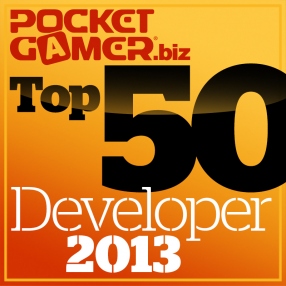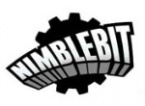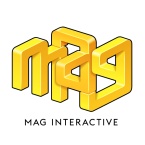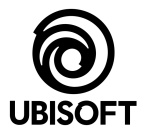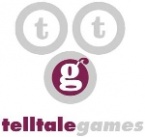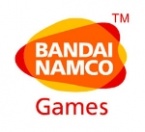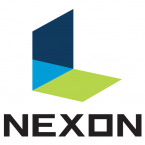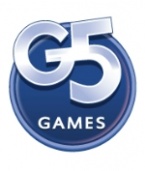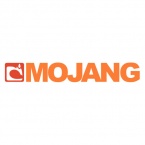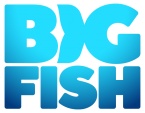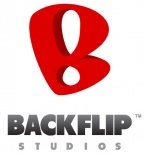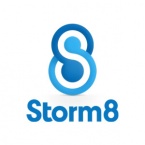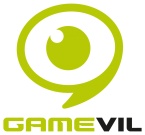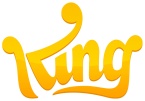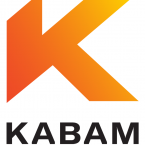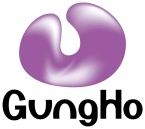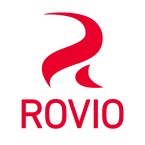Four years ago, we launched our first annual rundown of the best mobile game developers in the world, and this year's selection is more vibrant, exciting and global than ever.
But, of course, that's only to be expected given the industry itself is more vibrant, exciting and global that ever before.
As for the unveiling, we'll be kicking off the countdown tomorrow with numbers 50 to 41: presented thanks to our sponsors 'Math Behind the App Stores' data experts App Annie, and the largest Chinese mobile game developer platform CocoaChina.
The countdown will continue daily, and include our special 10 To Watch list of the upcoming studios we think could be challenging for 2014's list.
The top 10 will be revealed at an exclusive event in San Francisco next Sunday evening prior to the start of GDC.
A who's who?
Of course, we're not going to reveal any of the winners yet, but we can divulge some information.
There are 19 new entries in the 2013 list, compared to 23 new entries in 2012, with four new entries appearing in the top 10.
And looking at geographical breakdown, the US is best represented with 17 entries, followed by Europe at 15 and Japan with seven.
Four are UK developers (the best represented European country), four from Korea, and three each from Russia and China.
Click here to view the list »

